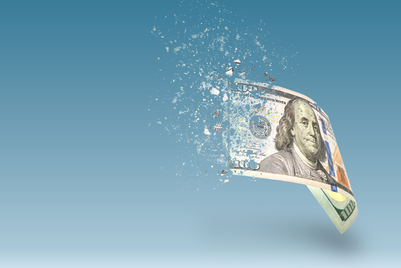
Ad spending in South Korea grew 2.3% to US$10.05 billion in 2019 and will grow 5.5% to US$10.6 billion this year, according to a report and forecast from Cheil Worldwide.
Digital spend surpassed US$4.2 billion in 2019, capturing 42.2% of total spend, up from 37.5% in 2018. Mobile grew by a sizzling 17.2%. Display ads using video benefitted from increased 5G network coverage, leading to a 26.5% increase, Cheil added. Overall digital spend will surpass traditional media for the first time in 2020, Cheil added.
Desktop and outdoor advertising also recorded double-digit growth in 2019, but terrestrial TV advertising decreased by 15.3%. In fact, the overall broadcast market—terrestrial TV, cable TV, total TV programming, and radio—continued a three-year trend of shrinkage; it now accounts for 30.8% of spend, down from 33.9% in 2018. Cheil attributed the drop in terrestrial TV spending to a lack of favorable events, such as the Olympics and the World Cup, combined with a slowdown of the domestic economy and the cancellation of the introduction of in-program advertising.
As for 2020, Cheil's 5.5% growth prediction rests on the Tokyo Olympics and a general election counteracting the global recession and slowdown in domestic economic growth. Mobile ad spending will again record double-digit growth and account for nearly 30% of the entire market, Cheil predicted.

|
This article is filed under... Top of the Charts: Highlights of recent and relevant research |


.jpg&h=334&w=500&q=100&v=20250320&c=1)



.png&h=334&w=500&q=100&v=20250320&c=1)
.png&h=334&w=500&q=100&v=20250320&c=1)
.png&h=334&w=500&q=100&v=20250320&c=1)

.png&h=334&w=500&q=100&v=20250320&c=1)






.png&h=268&w=401&q=100&v=20250320&c=1)

